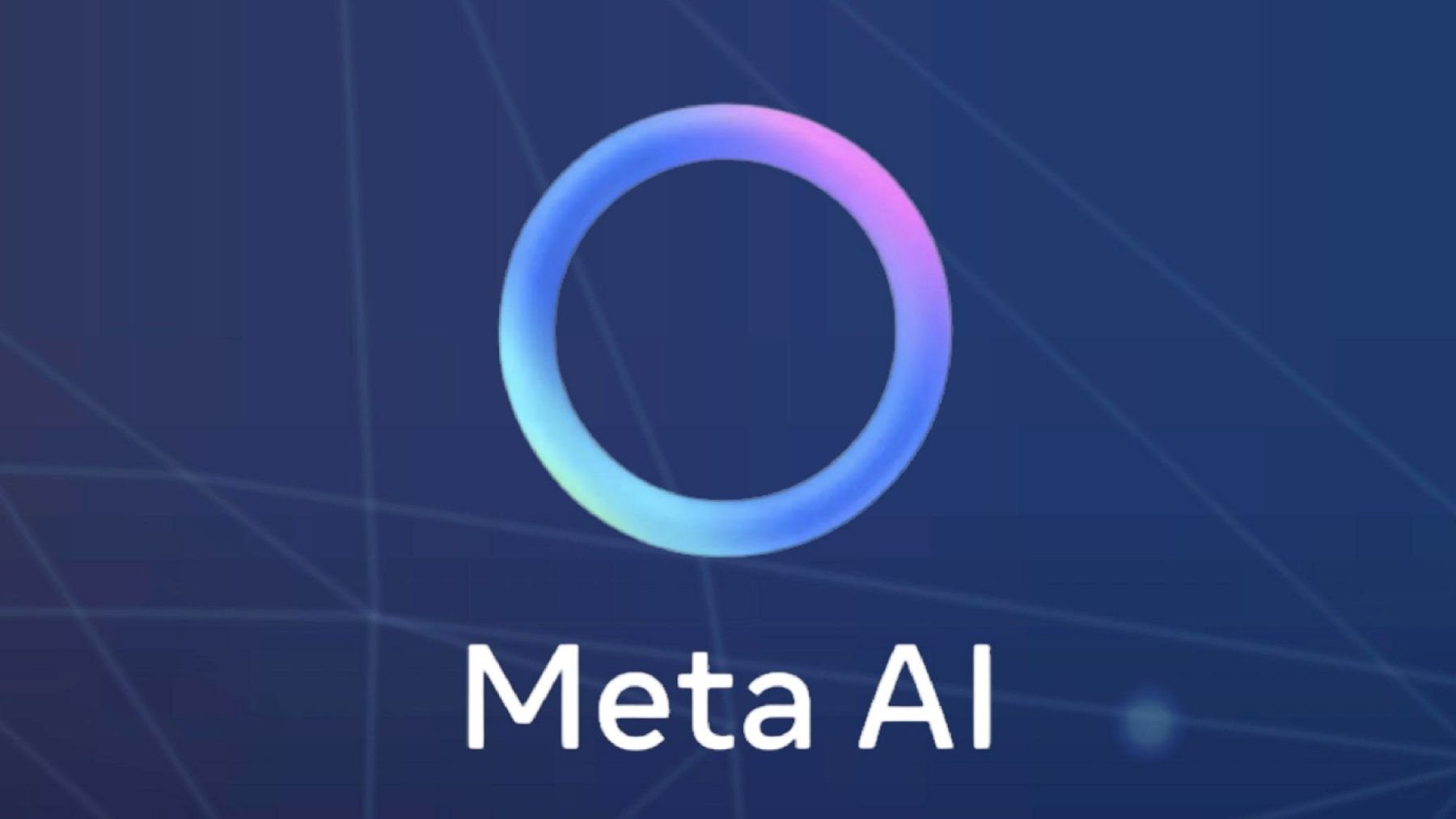Cybersecurity Expert Warns: Meta AI and WhatsApp May Threaten Your Privacy

Introduction to Meta AI on WhatsApp
Meta has introduced artificial intelligence (AI) to its messaging platform WhatsApp. Although presented as a helpful feature, many users are expressing concerns about its presence and are keen to take steps to deactivate it. Represented by a blue icon in the chat list, this AI tool can respond to questions, generate images, and propose ideas. However, even though Meta claims that it does not access private messages, the AI’s integration is troubling for those who prioritize their privacy and wish to retain control over their messaging experience.
Understanding Meta AI: What Is It?
Meta AI functions as a virtual assistant that has been integrated into WhatsApp, as well as Facebook and Instagram. Users can interact with it like they would with any other contact; they can ask for explanations, seek creative ideas, or request image generation. While this may sound appealing in theory, many users have raised concerns about its unwelcome arrival. The primary issue is that some feel they never consented to having this AI presence in their chats, and while it cannot be fully deactivated, certain steps can be taken to minimize its visibility.
How to Hide Meta AI on WhatsApp
While you cannot uninstall Meta AI completely, you can make it less visible on your chat screen. Here’s how to do it:
- Open your chat with Meta AI.
- Tap the three dots located in the top right corner.
- Select “Delete conversation” from the menu.
- Confirm your choice.
After following these steps, the Meta AI chat will no longer display. It will reappear only if you search for it actively in the search bar.
Reasons Users Want to Remove Meta AI
Increased user dissatisfaction with this feature can be attributed to several factors highlighted by digital privacy experts. Here are five prominent reasons:
- Environmental Concerns: Each action performed by Meta AI requires substantial server resources and energy. Estimates suggest that generating a single image consumes energy equivalent to charging a mobile phone halfway.
- Risk of Misinformation: Despite its convincing responses, Meta AI can generate false information. This can be particularly dangerous when it comes to topics like health, finance, or education.
- Increased Distractions: WhatsApp is already a source of frequent interruptions. The introduction of AI adds another layer of distraction, making it challenging for users to maintain their focus.
- Impact on Creativity: The ideas produced by Meta AI may be quick and convenient, but they often lack originality. Users seeking inspiration for writing or creativity might end up relying too heavily on recycled suggestions.
- Reduced Curiosity: While quick answers can be useful, they may also stifle users’ willingness to explore and learn independently, negatively affecting their intellectual growth over time.
Privacy and Control Concerns
Meta AI is not a mandatory feature; however, its installation occurred without explicit user consent and not enough clarity regarding data management practices. Although it does not directly access private messages, its presence raises legitimate concerns about user control over their personal digital environment. For individuals who value their privacy and prefer to determine the tools they engage with, it is essential to reconsider the role of such features in everyday applications like WhatsApp. By taking steps to minimize Meta AI’s visibility, users can assert their right to manage their apps and interactions on their terms.






